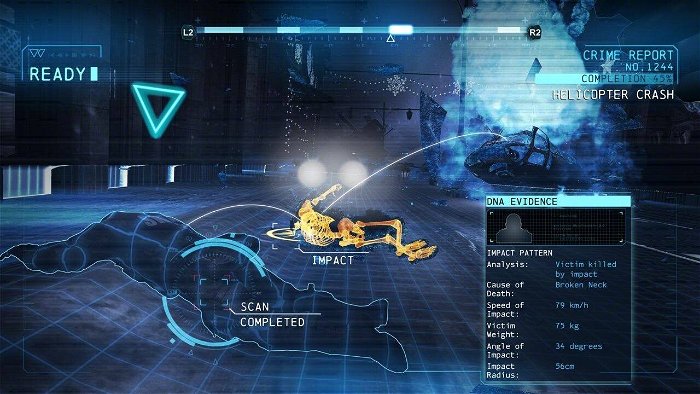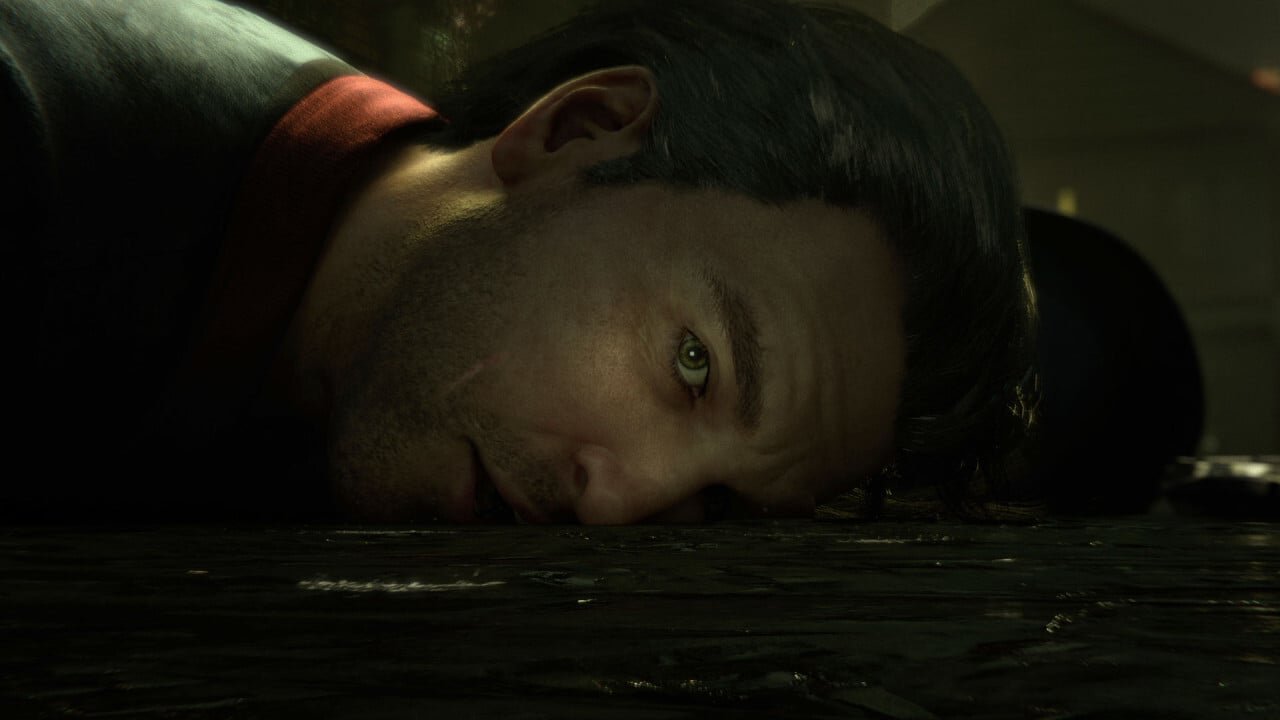It was just announced by Square-Enix that their little supernatural detective title, Murdered: Soul Suspect is not only getting a current-gen release to accompany its PS3/60 editions, the game is wisely being released in June, when it can enjoy almost no competition. I’m personally hoping the game manages to turn a few heads and make a little name for itself because it’s a mystery, and that’s a genre that gaming needs to see more of.
Like many other genres, mystery games (which, some might argue, are just a very specific subset of the adventure genre) have gotten lost in the steamroller that is the first person shooter. And that’s a shame because out of the many kinds of stories that can be told, it’s the mystery/whodunit that seems practically tailor made for the interactivity of videogames. We’ve seen hints of how successful it can be in mainstream games before; both Heavy Rain and L.A. Noire and even the new Batman games have investigative elements. There’s something satisfying to a certain kind of gamer that comes from investigating a crime, gathering evidence and using good old brain power to discover the story of what really happened. Murdered: Soul Suspect looks to put more of that kind of proactive thinking back into players’ hands.
However, I have one concern about this, and it is a concern I have with all the games I just mentioned. I would like these mystery games to stop holding our hands so much, and give us a little room to actually do some detective work.

Batman: Arkham Origins is probably the worst offender in this sense, but, to be fair, it’s more of an action/stealth game than it is a Dark Knight Detective game. When Batman starts analyzing a crime scene, it’s not so much about piecing together evidence to build up an idea of what transpired, as pointing and clicking around the environment so that Batman can explain to players what happened. Other games, such as Heavy Rain and L.A. Noire also do this to a degree, fearing that players will lack the investigative chops to draw their own conclusions.
This is a far cry from back in the day with text adventures such as Infocom’s Deadline and Witness where players had to deal with such factors as racing against the clock and independent “AI” in the suspects where they could freely wander to different locations and engage in their own actions. And of course, these games—being old school, 80s text adventure games—were far less friendly about guiding players to the solution of a mystery. Here, as with mystery novels and movies, it was up to the players to take the clues the developers had given, and try to think their way out of the problem, and see if their conclusions were the right ones.
I’m not saying that games like Murdered: Soul Suspect have to leave players tearing their hair out until they go, defeated back to Google to look for a walkthrough. However, it would be nice if these games—as with adventure games—didn’t just hand the solution over the second the mystery begins. Too often, such games seem to be afraid that thinking will somehow hurt the player, and so, to prevent that kind of suffering from occurring, they are at the ready, forking over the solution to a problem the moment the problem is tackled head on. There should be difficulty levels involved so that those that just want to keep the plot moving can “auto-solve” the mysteries, while those that enjoy thinking these things through can analyze evidence and arrive at their own conclusions.
After all, that’s the fun of tackling a mystery, isn’t it? Who wants to get hip deep in a whodunit where the game tells you the murderer even before you’ve started really playing? Playing more mystery games is a good thing, but thanks to the interactive nature of videogames, we can actually play at being a detective too. Games shouldn’t take that opportunity away from us; some of us actually like to use our brains to puzzle these things out.




